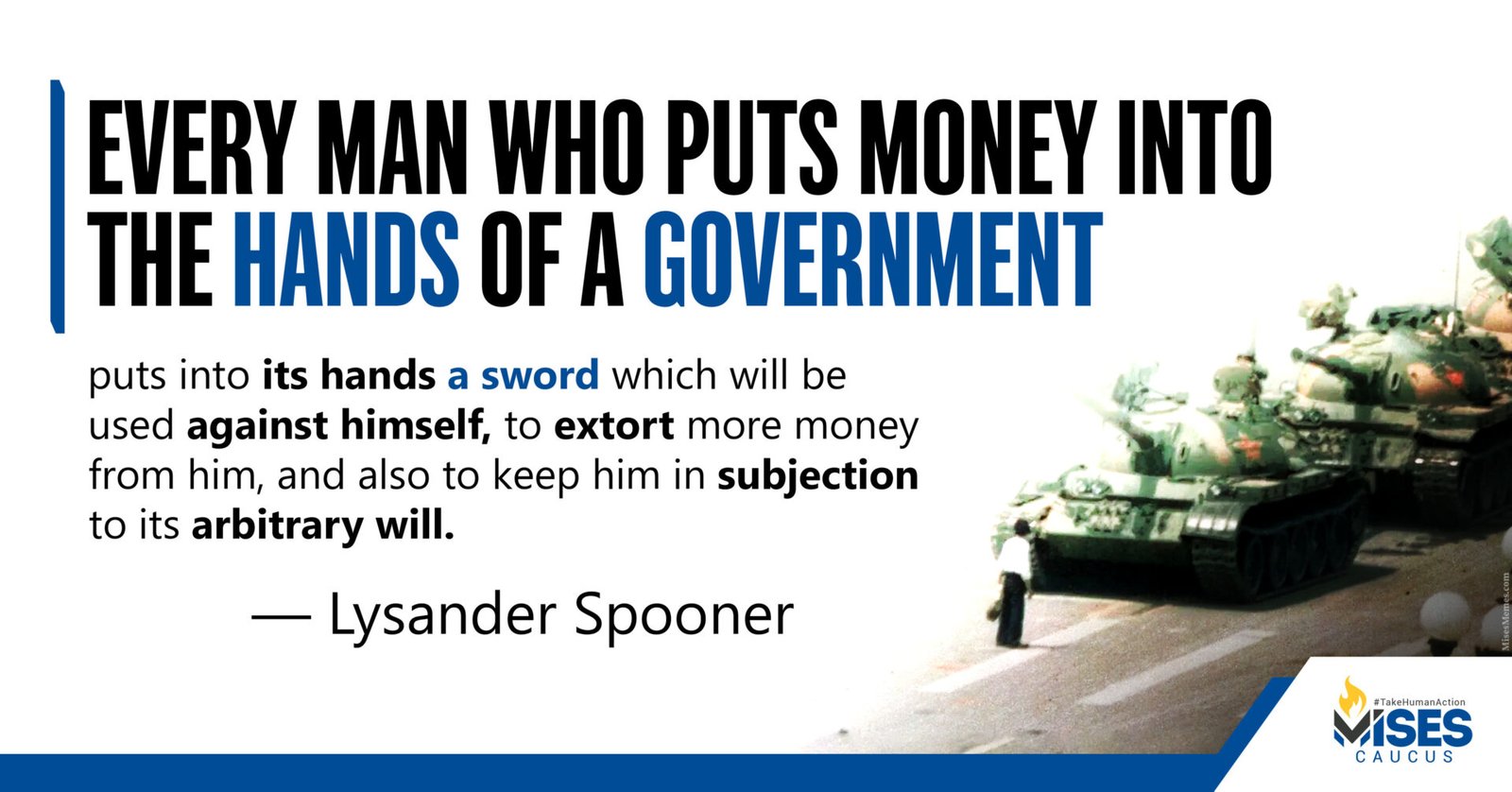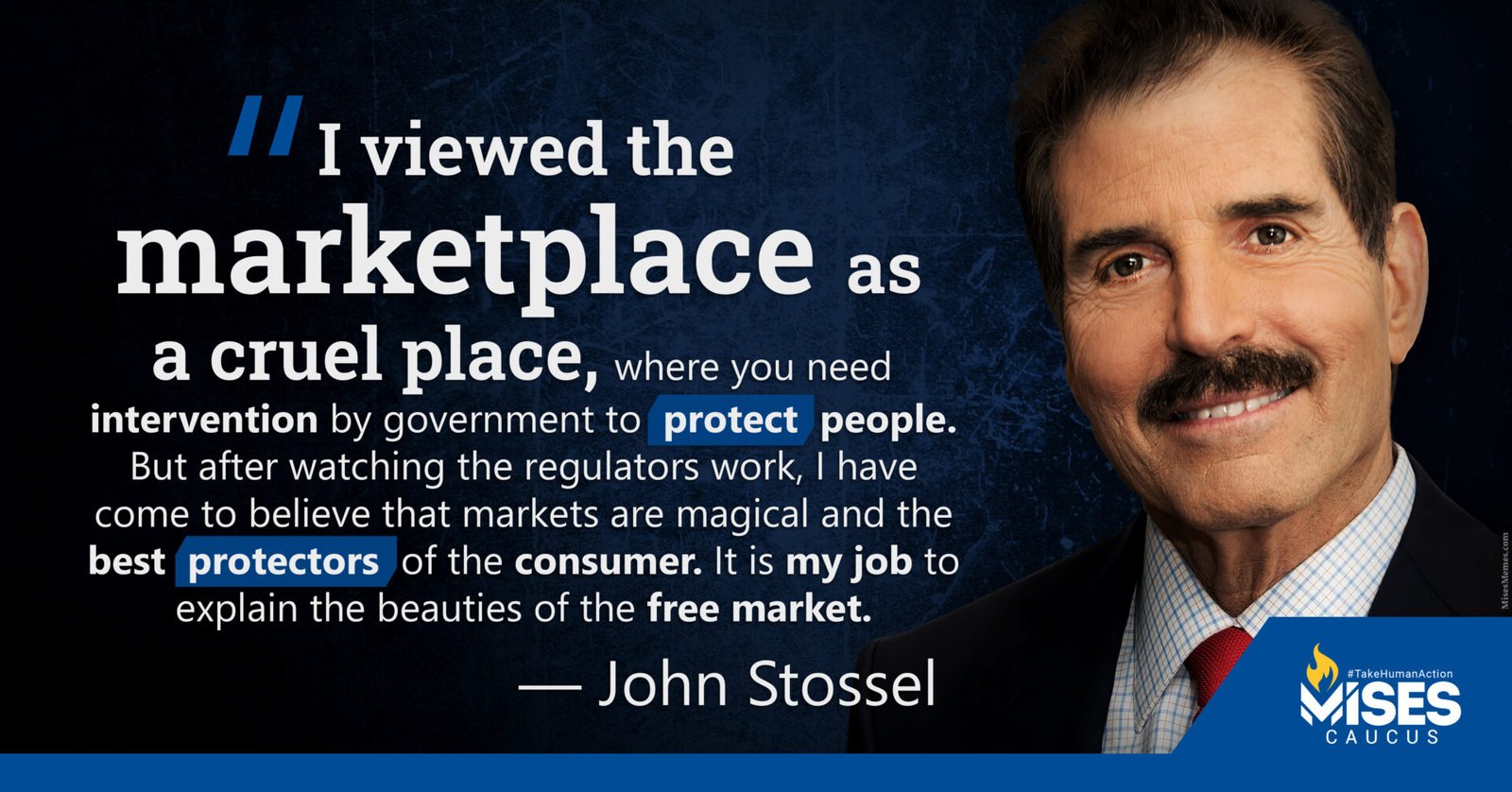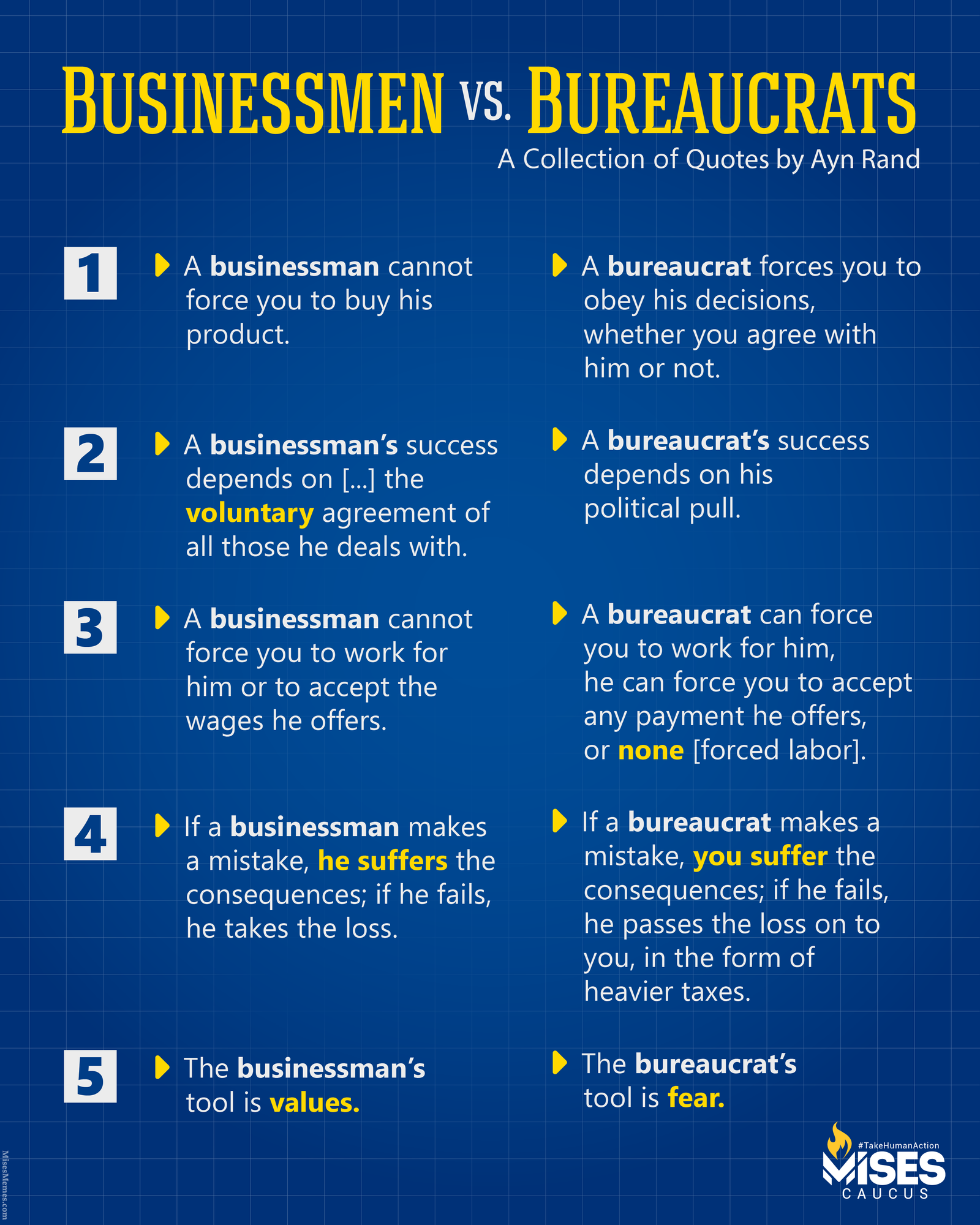Every man who puts money into the hands of a “government,” puts into its hands a sword which will be used against himself, to extort more money from him, and also to keep him in subjection to its arbitrary will. —Lysander Spooner


Every man who puts money into the hands of a “government,” puts into its hands a sword which will be used against himself, to extort more money from him, and also to keep him in subjection to its arbitrary will. —Lysander Spooner

The robber does not pretend to be anything but a robber. Furthermore, having taken your money, he leaves you, as you wish him to do. He does not persist in following you on the road, against your will; assuming to be your rightful “sovereign,” on account of the “protection” he affords you.
He does not keep “protecting” you, by commanding you to bow down and serve him; by requiring you to do this, and forbidding you to do that; by robbing you of more money as often as he finds it for his interest or pleasure to do so; and by branding you as a rebel, a traitor, and an enemy to your country, and shooting you down without mercy, if you dispute his authority, or resist his demands. —Lysander Spooner

I viewed the marketplace as a cruel place, where you need intervention by government to protect people. But after watching the regulators work, I have come to believe that markets are magical, and the best protectors of the consumer. It is my job to explain the beauties of the free market. —John Stossel

Libertarianism is rejected by the modern Left, which preaches individualism but practices collectivism. Capitalism is rejected by the modern Right, which preaches enterprise but practices protectionism. —Karl Hess (The Death of Politics)

A businessman’s success depends on his intelligence, his knowledge, his productive ability, his economic judgment—and on the voluntary agreement of all those he deals with: his customers, his suppliers, his employees, his creditors or investors. A bureaucrat’s success depends on his political pull. A businessman cannot force you to buy his product; if he makes a mistake, he suffers the consequences; if he fails, he takes the loss. A bureaucrat forces you to obey his decisions, whether you agree with him or not—and the more advanced the stage of a country’s statism, the wider and more discretionary the powers wielded by a bureaucrat. If he makes a mistake, you suffer the consequences; if he fails, he passes the loss on to you, in the form of heavier taxes.
A businessman cannot force you to work for him or to accept the wages he offers; you are free to seek employment elsewhere and to accept a better offer, if you can find it. (Remember, in this context, that jobs do not exist “in nature,” that they do not grow on trees, that someone has to create the job you need, and that that someone, the businessman, will go out of business if he pays you more than the market permits him to pay you.) A bureaucrat can force you to work for him, when he achieves the totalitarian power he seeks; he can force you to accept any payment he offers—or none, as witness the forced labor camps in the countries of full statism.
The businessman’s tool is values; the bureaucrat’s tool is fear.
—Ayn Rand
A businessman’s success depends on his intelligence, his knowledge, his productive ability, his economic judgment—and on the voluntary agreement of all those he deals with: his customers, his suppliers, his employees, his creditors or investors. A bureaucrat’s success depends on his political pull. A businessman cannot force you to buy his product; if he makes a mistake, he suffers the consequences; if he fails, he takes the loss. A bureaucrat forces you to obey his decisions, whether you agree with him or not—and the more advanced the stage of a country’s statism, the wider and more discretionary the powers wielded by a bureaucrat. If he makes a mistake, you suffer the consequences; if he fails, he passes the loss on to you, in the form of heavier taxes.
A businessman cannot force you to work for him or to accept the wages he offers; you are free to seek employment elsewhere and to accept a better offer, if you can find it. (Remember, in this context, that jobs do not exist “in nature,” that they do not grow on trees, that someone has to create the job you need, and that that someone, the businessman, will go out of business if he pays you more than the market permits him to pay you.) A bureaucrat can force you to work for him, when he achieves the totalitarian power he seeks; he can force you to accept any payment he offers—or none, as witness the forced labor camps in the countries of full statism.
The businessman’s tool is values; the bureaucrat’s tool is fear.
—Ayn Rand

The only real cure for poverty is production. The way to maximize production is to maximize the incentives to production. —Henry Hazlitt

What protectionism teaches us is to do to ourselves in times of peace what enemies seek to do to us in time of war. —Henry George